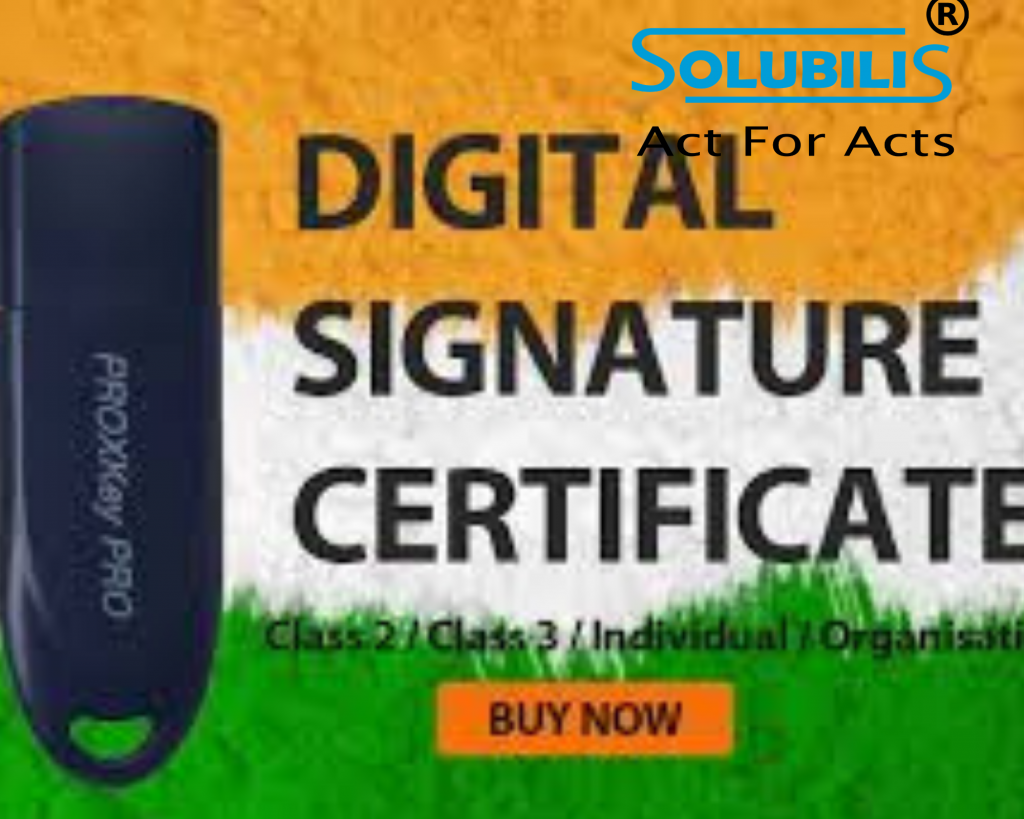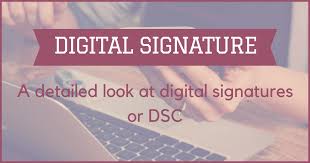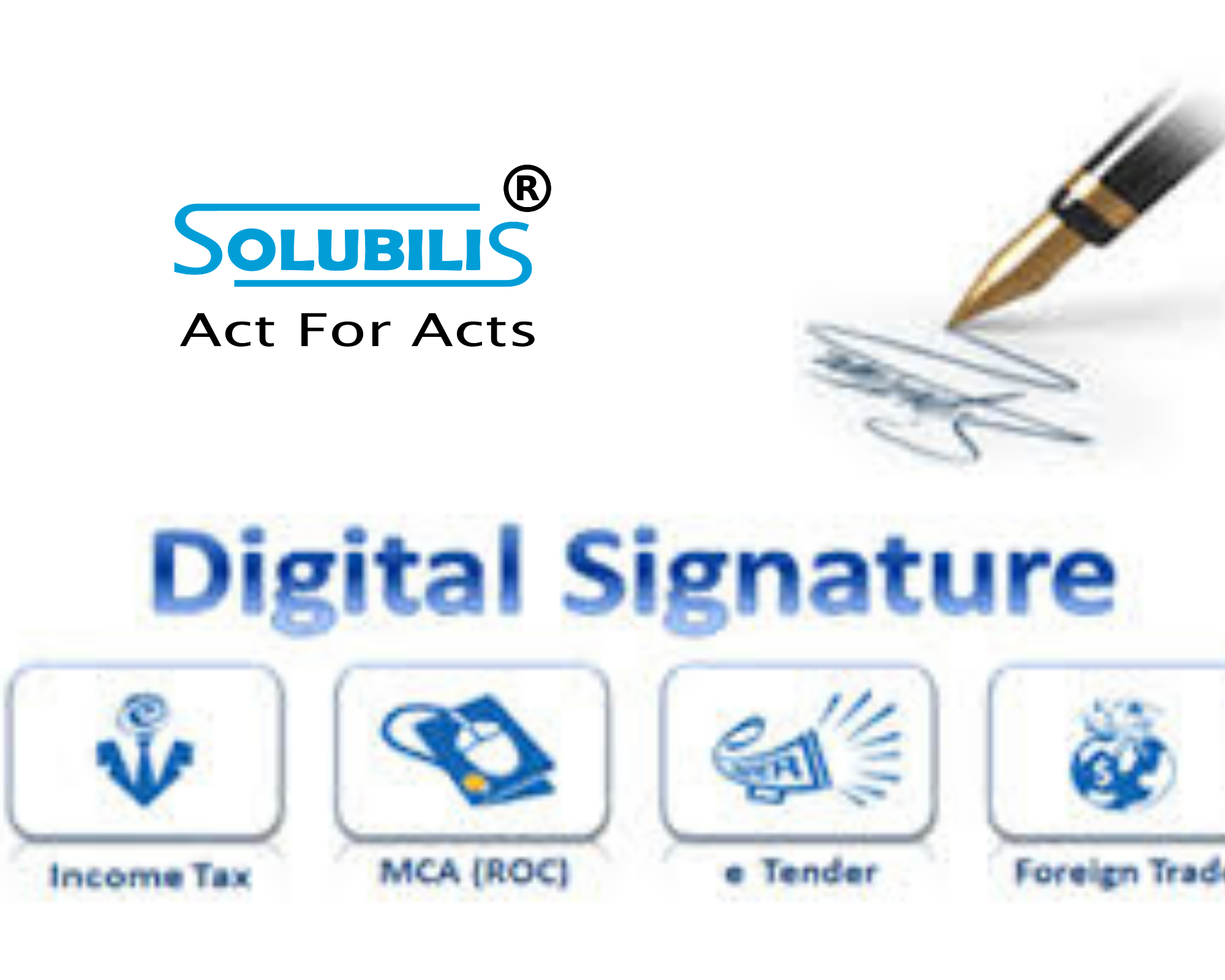Digital signature in Chennai is essential. This activity is especially useful for workflow processes that require one or multiple approvals, such as supply-chain management or financial management of forms such as cost reports. Digital signatures give customers, citizens and consumers the confidence that they actually come from the company they were born into.

Importance of Digital signature
Depending on the needs of the organization, Entrust can help with the implementation of digital signatures with a variety of solutions. Entrust Certificates for Adobe CDS enable the signing of Entry Document Signing Certificates, while Entry Trusted Services can sign digital certificates from PKI in a variety of formats and include authentication and encryption functionality. It also provides secure e-statement delivery through the Intelligence product portfolio.
We all know paper signatures – handwritten signature on a paper document. In addition to legal and contractual issues, the basic features of paper signing are:
It is meant to be related to a specific person;
It usually shows commitment to a particular document with a precise meaning depending on the context.
Despite being far from perfect, paper signatures work surprisingly well in many parts of the world as the basis for business and legal transactions. As physical marking on paper has grown through adequate controls and context, communities have learned to use paper signatures in situations where the marking party provides appropriate recallable evidence of commitment to that document. Evidence is important to reconstruct the situation, then in the rare case of disputes.

Digital signature is a term used to identify or sign an electronic document, which is similar to paper signatures, but uses a technology call public-key cryptography. In the electronic world signatures require additional security features. The probability of disputes increases significantly for electronic transactions without face-to-face meetings and in the presence of unrecognizable amendments to electronic documents. Digital signatures address these two concerns and provide far more inherent security than paper signatures. Compare to all other types of signatures, digital signatures are very easily verify and are highly reliable in terms of providing document integrity.
Why digital signature is essential?
A digital signature is an encrypt file that travels with the electronic document to be sign and returns with it after the transaction is complete. The file contains and captures metadata about where the electronic document traveled, what accounts were open, the IP address of the signed devices, the exact time of the interaction and other important information. All of this data protects the authenticity of the signature.
With a pen and ink signature, you have handwritten identification as a base identification point. You can sign a simple document with all parties to see the policy. For particularly important documents, you can bring a notary and collect identification for all parties involved. These features protect the physical signature. Similarly, the digital signature, which captures the electronic document signing device, records the user credentials of the person who signed the form and provides multi-level signature verification of the data travel between destinations, fully protecting the signing process.

Protecting the signature on storage
The electronic record needs to be stored for a considerable period of time, the duration of which varies according to specific industry laws. It is often crucial to verify that the signature has not changed over time. The digital signature attach to the electronic signature has an underlying technology that shows whether the form is damaged. It is, of course, a digital watermark on the e-signature that verifies that the transaction is complete and closes the file. Anything that breaks that impression will be record in a digital signature, making it very difficult to damage the electronic file.
Protecting signatures on mobile devices
Smartphones and tablets are becoming an extensive technological tool and in terms of convenience, they are ideal for e-signature. However, they do not have the security and data protection features required to provide user authentication similar to traditional PCs. Digital signature works around this issue by collecting complex metadata in a customizable format. If you need a digital signature to collect more user authentication data to verify the person using the smartphone, you can configure it to perform that task. The result is an operational environment in which you can sign electronic forms on a mobile device without causing any harm to users.

The digital signature certificate is a convenient way to electronically authenticate with a high level of security for online transactions while protecting the privacy of the information share by the digital signature certificate. These certificates are use to encrypt data and are accessible only to the desire recipient. Digitally sign information does not change throughout the digital transfer process and verifies the identity of the sender of the message.
Purchase a digital signature certificate
Legally certify signature certificates can only be issue by the Comptroller of Certifying Authority (CCA), a Certifying Authority (CA) license by the Government of India, in accordance with the requirements and organizational require of an individual.
Applications of digital signature
send and receive encrypt emails, they are digitally sign and secure
handle secure online transactions identify participants in an online transaction apply for tenders, filing with the Registrar of Companies (MCA), filing of income tax returns and other related applications
sign and verify in Word, Excel and PDF document formats
Digital Signature Web Application Process
The digital signature certificate connects the identity of the person with a pair of electronic keys, i.e. public and private keys, approve by the CA. The certificate contains user identification information (such as: name, zip code, country, email address, certificate issue date and Certifying Authority name).
The keys are complementary to each other and cannot function without each other. Browsers and servers to encrypt and encrypt Certificate user information during the entire process. The private key can be store on the user’s hard disk, computer, or any external device. User access is control and works only with the assigned password. In the case of an imbalance of the two, the authentication process fails. This ensures that only authorized persons can use digital signatures, while unauthorized persons cannot access the data.
